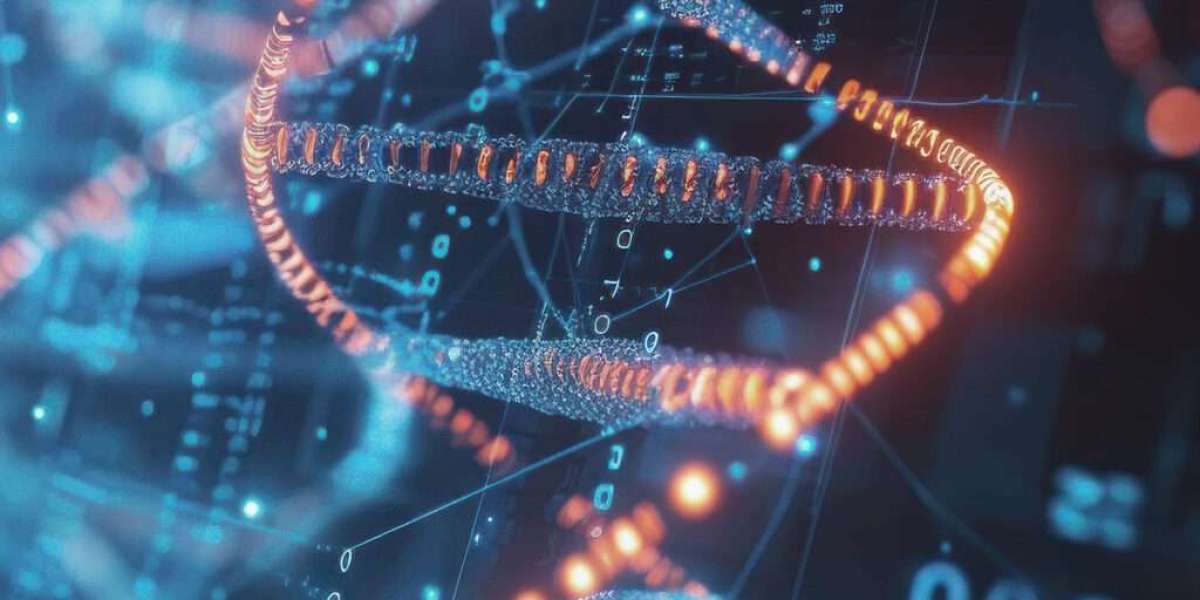The convergence of biology and computation is catalyzing a profound transformation across the healthcare and research landscape. The application of Artificial Intelligence in Life Science represents a monumental leap forward, enabling scientists and clinicians to analyze vast, complex datasets at a scale and speed previously unimaginable. The global market for these transformative solutions is poised for exponential growth, with projections indicating an expansion from $15.14 billion in 2024 to a staggering $100.8 billion by 2035. This incredible surge is underpinned by a powerful compound annual growth rate (CAGR) of approximately 18.8% for the 2025-2035 forecast period. AI is moving beyond a research tool to become an indispensable engine of innovation, accelerating the discovery of new drugs, enabling personalized medicine, and fundamentally reshaping our understanding of human biology and disease.
At its core, artificial intelligence in this context involves the use of sophisticated algorithms, particularly from the subfields of machine learning and deep learning, to find meaningful patterns in complex biological data. The life sciences are awash with data from a multitude of sources, including genomics (DNA sequences), proteomics (protein structures), transcriptomics (gene expression), medical imaging (MRIs, CT scans), and electronic health records (EHRs). The sheer volume, velocity, and variety of this "big data" overwhelms traditional analytical methods. AI excels at this very task. Machine learning models can be trained on these massive datasets to identify subtle correlations, classify disease subtypes, predict patient outcomes, or even generate novel hypotheses for further scientific investigation, turning a deluge of data into actionable knowledge that drives scientific discovery.
The impact of AI is being felt across the entire life science value chain, from early-stage research to clinical care. In drug discovery and development, AI is revolutionizing the process. Algorithms can predict how a potential drug molecule will interact with a target protein, screen millions of compounds virtually to identify promising candidates, and even design entirely new molecules from scratch. This has the potential to drastically reduce the time and cost of bringing a new drug to market, which can currently take over a decade and cost billions of dollars. In the realm of diagnostics, AI-powered computer vision models are now capable of analyzing medical images with a level of accuracy that can match or even exceed that of human radiologists, enabling earlier and more accurate detection of diseases like cancer.
Perhaps the most profound promise of AI in life science lies in its ability to enable true precision medicine. By integrating a patient's genomic data, clinical history, and lifestyle factors, AI models can help clinicians to predict that individual's risk for certain diseases and, more importantly, to select the most effective treatment for their unique biological makeup. This moves medicine away from a "one-size-fits-all" approach to a highly personalized one, where therapies can be tailored to the individual, maximizing efficacy and minimizing side effects. This data-driven, personalized approach to healthcare is the ultimate goal of the AI revolution in life science, promising a future of more effective, proactive, and equitable medical care for everyone.
Explore Our Latest Trending Reports:














